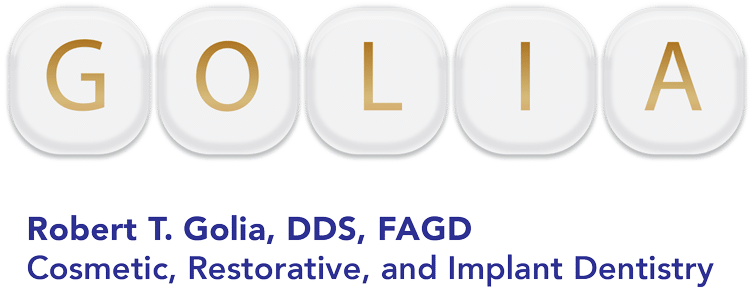TMJ is the term often used to describe TMJ disorder, which is a common condition. It affects the temporomandibular joint located on each side of the head where the lower jaw connects to the skull and the associated muscles that control the position of the lower jaw. TMJ disorder can cause a range of symptoms that can be bothersome to the affected person.
If you think you may have TMJ disorder, you may be wondering how it is treated and if it can be permanently cured. While flare ups are normal, a permanent cure may be possible that will provide lasting relief.
What is TMJ Disorder?
TMJ disorder is a condition affecting the temporomandibular joints (TMJ). The TMJ are located in the temple region of the head or right in front of the opening of the ear. You can feel these joints moving when you open and close your mouth. They can become irritated due to a variety of causes, resulting in pain and other symptoms.
Symptoms of TMJ Disorder
The symptoms of TMJ disorder may or may not include any of the following:
- Pain in the jaw
- Headaches in the temple region of the head
- Limited ability to open and close your mouth
- Popping or clicking sound when you chew or move your jaw
- Pain inside the ear that mimics an ear infection
- Ringing in the ears
- Tension in the facial muscles
- Neck pain
- Change in bite pattern
What Causes TMJ Disorder?
There are a variety of potential causes of TMJ disorder, including:
- Injury to the face or jaw. A bump or blow to the jaw or face could put pressure on the TMJ or knock one or both of the joints out of alignment.
- Excessive chewing. If you constantly chew on gum or other snacks throughout the day it can cause your TMJ to be overworked and become inflamed.
- Eating hard or chewy foods. Chewing hard or chewy foods like jerky, nuts, tough meat, hard candy, etc. can put excess strain on your TMJ.
- Teeth grinding. Chronic teeth grinding or clenching also puts strain on your TMJ.
- Chewing or biting non-food items. Chewing on things that are not meant to be eaten or opening things with your teeth can cause TMJ disorder.
- Malocclusion: Having a bad bite can create spasms in the muscles controlling the position of the lower jaw.
Curing TMJ Disorder
TMJ disorder can be treated and in many cases completely cured. Start with self treatment and seek professional treatment if symptoms persist for a week or more.
Self Treatment for TMJ Disorder:
- Apply ice to the side of the face in the location of the TMJ. Cold reduces swelling and inflammation.
- Rest your jaw as much as possible. Eat a diet of soft foods that don’t require chewing. Minimize talking when possible.
- Take anti-inflammatory pain relievers, such as ibuprofen (Advil, Motrin, or generic).
Professional Treatment for TMJ Disorder:
- Your dentist can provide you with a bite splint to stabilize your jaw and help it move in proper alignment.
- Injectable medications can relieve inflammation and strengthen the joint.
- If no other treatment provides relief, surgery may be necessary to reconstruct the joint.
Who Provides Treatment for TMJ Disorder?
If you have signs or symptoms of TMJ disorder, contact your dentist to schedule an evaluation. Dentists not only specialize in the treatment of teeth, but also the jaw that supports the teeth and helps them work.
Golia Dental provides a variety of treatments that offer lasting relief of your TMJ symptoms. We take a conservative approach to TMJ treatment, starting with the least invasive measures and resorting to surgery if it is the only effective option.
To learn more, call 203-248-7400 or contact us today to schedule an appointment.


